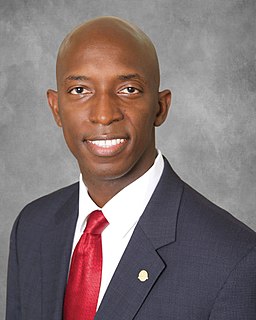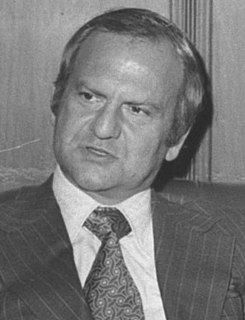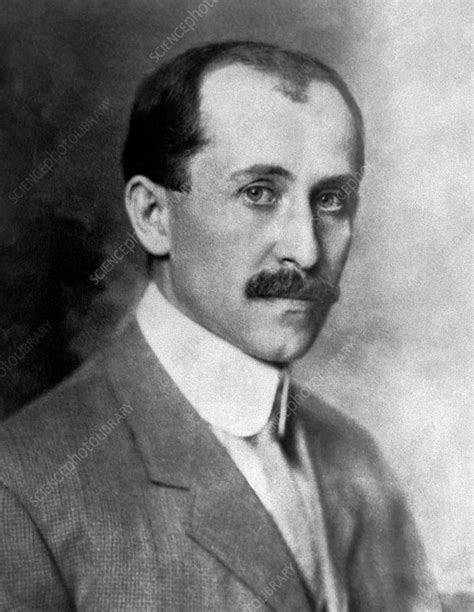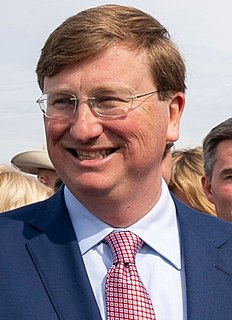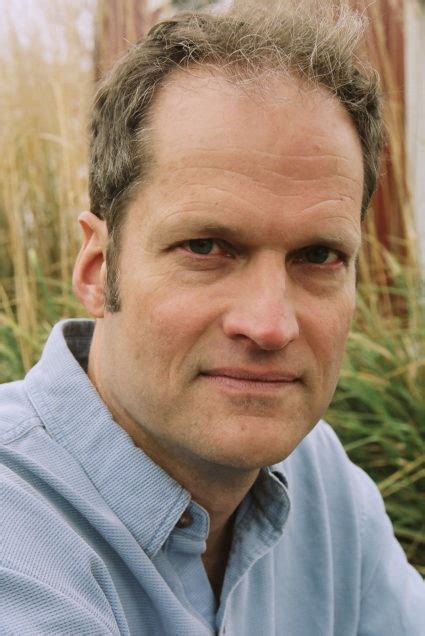Top 1200 Moral Issues Quotes & Sayings - Page 2
Explore popular Moral Issues quotes.
Last updated on December 4, 2024.
When you say there's too much evil in this world you assume there's good. When you assume there's good, you assume there's such a thing as a moral law on the basis of which to differentiate between good and evil. But if you assume a moral law, you must posit a moral Law Giver, but that's Who you're trying to disprove and not prove. Because if there's no moral Law Giver, there's no moral law. If there's no moral law, there's no good. If there's no good, there's no evil. What is your question?
The sad reality is that there are no purely domestic issues in Israel. Issues that would be dealt with by municipalities in other countries - such as how to deal with a dangerous bridge or how to resolve conflicts between religious and secular bus riders - become major international issues when they occur in Israel.
Why don't you trust women to make this choice for themselves? We can encourage people to support life. Of course we can. But why don't you trust women? Why doesn't Donald Trump trust women to make this choice for themselves? That's what we ought to be doing in public life. Living our lives of faith or motivation with enthusiasm and excitement, convincing other, dialoguing with each other about important moral issues of the day but on fundamental issues of morality, we should let women make their own decisions.
We are now returning to the 18th century empirical approach with the new interest in the evolutionary basis of ethics, with 'experimental' moral philosophy and moral psychology. As a result, we understand better why moral formulas are experienced as ineluctable commands, even if there is no commander and even if the notion of an inescapable obligation is just superstition. So moral philosophy has made huge progress.
One of the hardest things for the president is to distinguish the routine issues that come through from the essential issues that affect the long term, and not to let himself get sucked into the battles of the bureaucracy for marginal issues, and to keep them focused and to keep his mind clear on what the fundamental things are that he has to accomplish.
I have to say, Any Given Sunday was good, but it was too ambitious. You can't do everything in three hours. It went on through ownership issues, quarterback issues, the running back issues, LT issues, and all that, even the coach issues. It was too much. Whereas, Playmakers says, Yeah, you got all those problems, but my god, you're playing football, you're doing the best thing in the world. You're playing football, you're having fun, you're getting paid to play a game. Well, with all the bad things about Hollywood all the drug use, all that, it's still a pretty good life.
There can be, therefore, no true education without moral culture, and no true moral culture without Christianity. The very power of the teacher in the school-room is either moral or it is a degrading force. But he can show the child no other moral basis for it than the Bible. Hence my argument is as perfect as clear. The teacher must be Christian. But the American Commonwealth has promised to have no religious character. Then it cannot be teacher.
On reflection, moral judgment in the arts appears rather as a tribute to their power to influence emotion and possibly conduct. And reflecting further on what some critics do today, one sees that a good many have merely shifted the ground of their moralism, transferring their impulse of righteousness to politics and social issues.
On Nov. 6, the day before my 94th birthday, our nation will hold one of the most critical elections in my lifetime. We are at a crossroads and there are profound moral issues at stake. I strongly urge you to vote for candidates who support the biblical definition of marriage between a man and a woman, protect the sanctity of life and defend our religious freedoms. The Bible speaks clearly on these crucial issues. Please join me in praying for America, that we will turn our hearts back toward God.
Corporate social responsibility is measured in terms of businesses improving conditions for their employees, shareholders, communities, and environment. But moral responsibility goes further, reflecting the need for corporations to address fundamental ethical issues such as inclusion, dignity, and equality.
I would love it if we made more comparisons between current issues and issues of the past. Maybe we'd realize that sometimes 'current issues' and 'past issues' are one and the same. Our world's people still fight over natural resources, kill in the name of religion, occupy regions and give them up - just as we did 'so long ago.'
A lot of my books deal with very controversial issues that most people often don't want to talk about, issues that, in my country, are more likely to get put under the carpet than get discussed. And when you talk about moral conundrums, about shades of gray, what you're doing is asking the people who want the world to be black and white to realize instead that maybe it's all right if it isn't. I know you'll learn something picking up my books, but my goal as a writer is not to teach you but to make you ask more questions.





